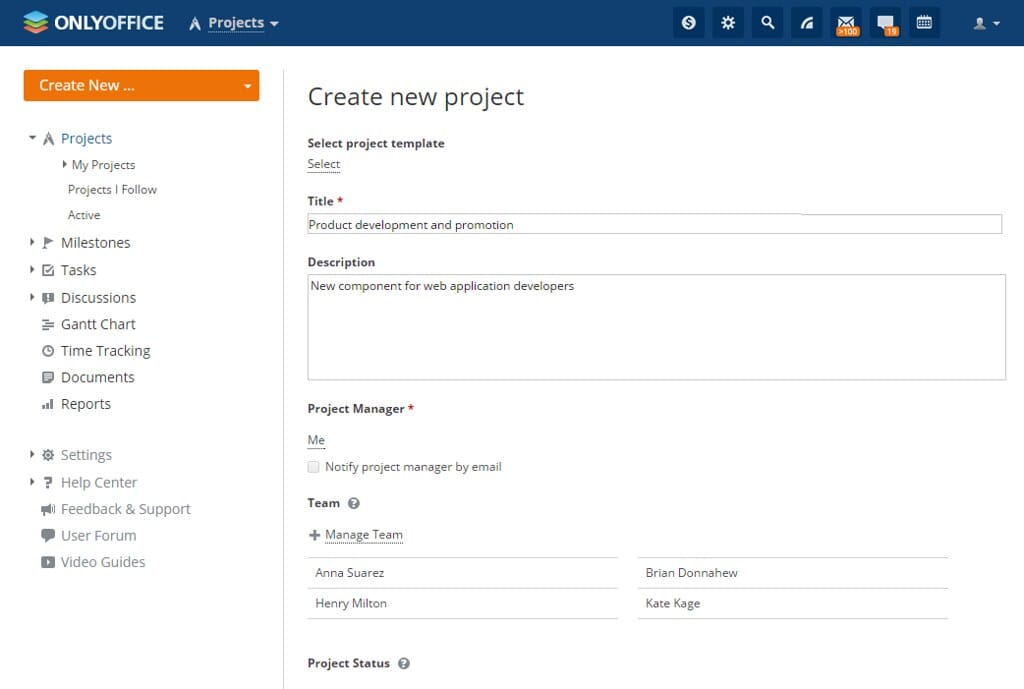WordPress CEO's Public Apology Highlights Deepening Rift in Open Source Community
WordPress co-founder and Automattic CEO Matt Mullenweg has issued a public apology for claiming that "WordPress belongs to me" during his escalating legal and public relations battle with hosting provider WP Engine, marking a significant moment in what has become one of the most contentious disputes in the open source community.
The controversy erupted in September 2024 when Mullenweg made inflammatory statements about WP Engine during a WordCamp US keynote, calling the company a "cancer to WordPress" and later asserting ownership over the WordPress project in various public forums. The remarks sparked immediate backlash from developers, users, and open source advocates who viewed the comments as fundamentally contradicting WordPress's open source principles.
The Apology and Its Context
In a blog post published on WordPress.org, Mullenweg acknowledged that his "belongs to me" statement was "unfair and untrue." He clarified that while he holds certain trademarks related to WordPress through the WordPress Foundation, the software itself remains open source and belongs to the community.
"I was frustrated and spoke poorly," Mullenweg wrote. "WordPress is open source, and that means it belongs to all of us collectively, not to any single person or company."
The apology comes amid mounting pressure from the WordPress community, including a letter signed by over 800 developers calling for his resignation from leadership positions within the WordPress project. Several high-profile WordPress agencies and developers have also publicly criticized Mullenweg's handling of the situation.
The WP Engine Dispute Explained
The conflict centers around trademark usage and contributions to the WordPress ecosystem. Mullenweg has accused WP Engine of profiting from WordPress without adequately contributing back to the open source project, while also challenging their use of the WordPress trademark in their marketing materials.
WP Engine, which serves over 200,000 customers, has countered with a lawsuit alleging that Mullenweg is abusing his position to harm a competitor. The company claims that Automattic, Mullenweg's commercial WordPress venture, sees WP Engine as a threat to its own hosting business.
The dispute escalated when WordPress.org temporarily blocked WP Engine customers from accessing plugin and theme updates, affecting hundreds of thousands of websites. This unprecedented move drew criticism from across the tech industry, with many arguing it violated the principles of open source software.
Community Backlash and Broader Implications
The controversy has exposed deep tensions within the WordPress ecosystem about governance, commercial interests, and the balance of power in open source projects. WordPress powers approximately 40% of all websites globally, making these governance questions particularly significant for the broader web.
Several major WordPress contributors have stepped back from their involvement, citing concerns about the project's direction under Mullenweg's leadership. The WordPress Foundation's board has faced calls to intervene, though they have largely remained silent on the matter.
"This situation highlights the fragility of open source governance when commercial interests become entangled with project leadership," said Sarah Chen, a longtime WordPress contributor who requested her last name be changed for this article. "The community is questioning whether one person should have this much control over such a critical piece of internet infrastructure."
Legal and Business Ramifications
The legal battle continues to unfold, with both sides filing additional motions and counterclaims. Industry observers note that the outcome could set important precedents for how open source projects handle trademark disputes and community governance.
The conflict has also raised questions about the sustainability of open source business models. While companies like Automattic and WP Engine have built successful businesses around WordPress, the current dispute illustrates the potential for conflicts when commercial and community interests diverge.
Moving Forward: Lessons for Open Source Leadership
Mullenweg's apology represents an attempt to de-escalate the situation, but many in the community believe more fundamental changes are needed. Calls for improved governance structures, clearer separation between commercial and open source interests, and more transparent decision-making processes have gained momentum.
The WordPress community now faces a critical juncture. How this dispute resolves will likely influence not only WordPress's future but also serve as a case study for other major open source projects grappling with similar governance challenges.
As the legal proceedings continue and the community works to heal these divisions, one thing remains clear: the principles of open source software – transparency, community ownership, and collaborative development – must be actively protected and upheld, even when commercial pressures mount.

